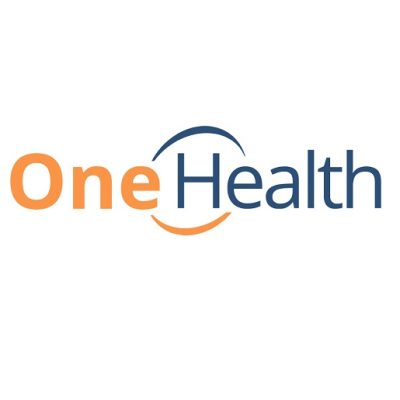A woman diagnosed with gynaecological cancer two years after initially raising concerns with her GP has been contacted by about 200 others who felt their symptoms were similarly ignored. The treatment of gynaecological cancers within the Welsh government’s target of 62 days has deteriorated despite prioritisation. Women have expressed disappointment with the government’s “dismissive” response to a report calling for improvements. The Welsh government apologised, stating it was “sorry and disappointed” that some women did not receive optimal care.
Claire O’Shea, diagnosed with stage four uterine leiomyosarcoma in December 2022, started Claire’s Campaign to amplify the voices of women whose symptoms were ignored. Her cancer, which spread to her lungs, liver, and sacrum bone, is being treated with palliative chemotherapy. Ms. O’Shea testified at a Senedd committee inquiry into gynaecological cancers but found the government’s response lacking. The report indicated that women’s concerns were often “dismissed, downplayed, and unheard,” highlighting a “dangerous bias” against women.
Ms. O’Shea expressed skepticism about the government’s commitment to addressing the issue, noting that despite gynaecological cancer being a priority, only 32% of women were starting treatment within the target timeframe. Among the 200 women who contacted her, one was told to “shower more frequently” but had endometrial cancer, another was misdiagnosed with IBS before being found with ovarian cancer, and others had their symptoms attributed to menopause or HRT adjustments.
Gynaecological cancers, including those of the cervix, ovaries, womb, vagina, or vulva, affect about 1,200 women annually in Wales, with 470 fatalities. Health Secretary Eluned Morgan requested enhanced focus on these cancers in March 2023. Although initial improvements were seen, performance has since declined. The government accepted most of the 26 recommendations from the health and social care committee’s report, citing high levels of patient satisfaction, which angered participants who felt seriously ill patients were underrepresented in surveys.
Judith Rowlands, who gave evidence but died before the report was published, had her daughter questioning the survey methodology, feeling it dismisses those with poor experiences. Ms. O’Shea emphasised the widespread problem of women feeling unheard and the importance of Claire’s Campaign in providing a platform for these stories.
The Senedd debated the report, with committee chairman Russell George criticising delays and the lack of additional funding despite acceptance of most recommendations. Plaid Cymru’s Mabon ap Gwynfor accused the government of gaslighting women by downplaying their concerns. The health minister apologised for delayed diagnoses and emphasised the challenge ahead, echoed by Judi Rhys of Tenovus Cancer Care, who stressed the need for urgent investment in clinical research. The Welsh government committed to a £2m national programme to improve cancer performance.
One Health Group PLC (AQSE:OHGR) are a team of Consultant Surgeons and Healthcare managers working with the NHS to provide faster, local and expert care in Orthopaedics, Spinal, General Surgery and Gynaecology.



